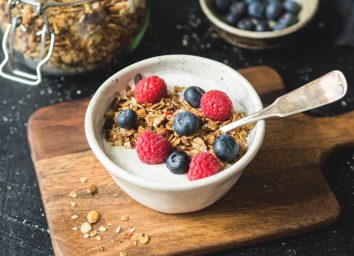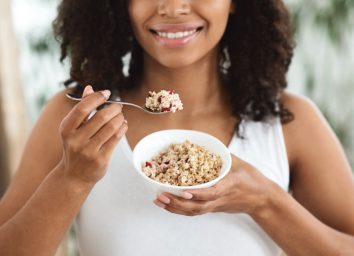The Best Proteins for Women, According to Dietitians
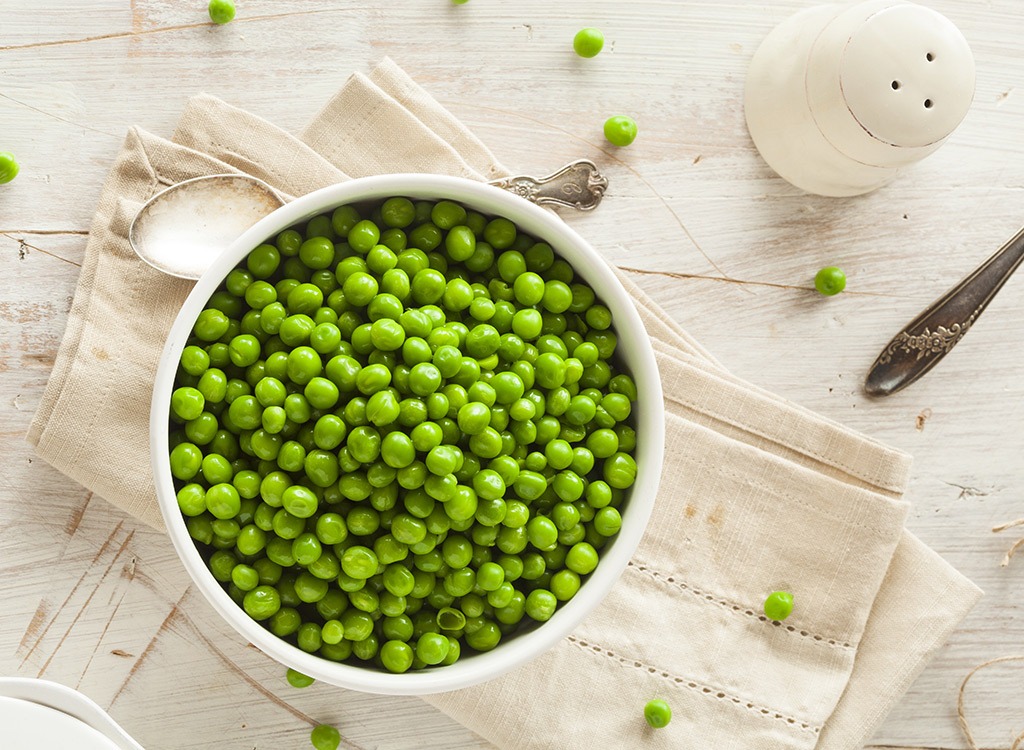
Protein is essential for building stronger bones and muscles, as well as keeping your appetite stable and blood sugar levels low. Yet, most people are often either eating too much protein at once, the wrong foods they think are a solid source of it, or completely skip out on it. And for women, in particular, protein is critical for improving bone density to ward off osteoporosis later in life, as well as to promote strength and wellness overall.
Choosing the right types of quality protein matters though, as well as getting in enough grams during meals and snacks. So how can you make sure you’re getting the right type of protein? We consulted dietitians to uncover exactly which foods women should be eating in order to get their protein fix.
Here are the 11 best protein sources women should pile on their plates. Go ahead and try out these 21 Best Healthy Cooking Hacks of All Time while you’re at it, too.
Grass Fed Beef
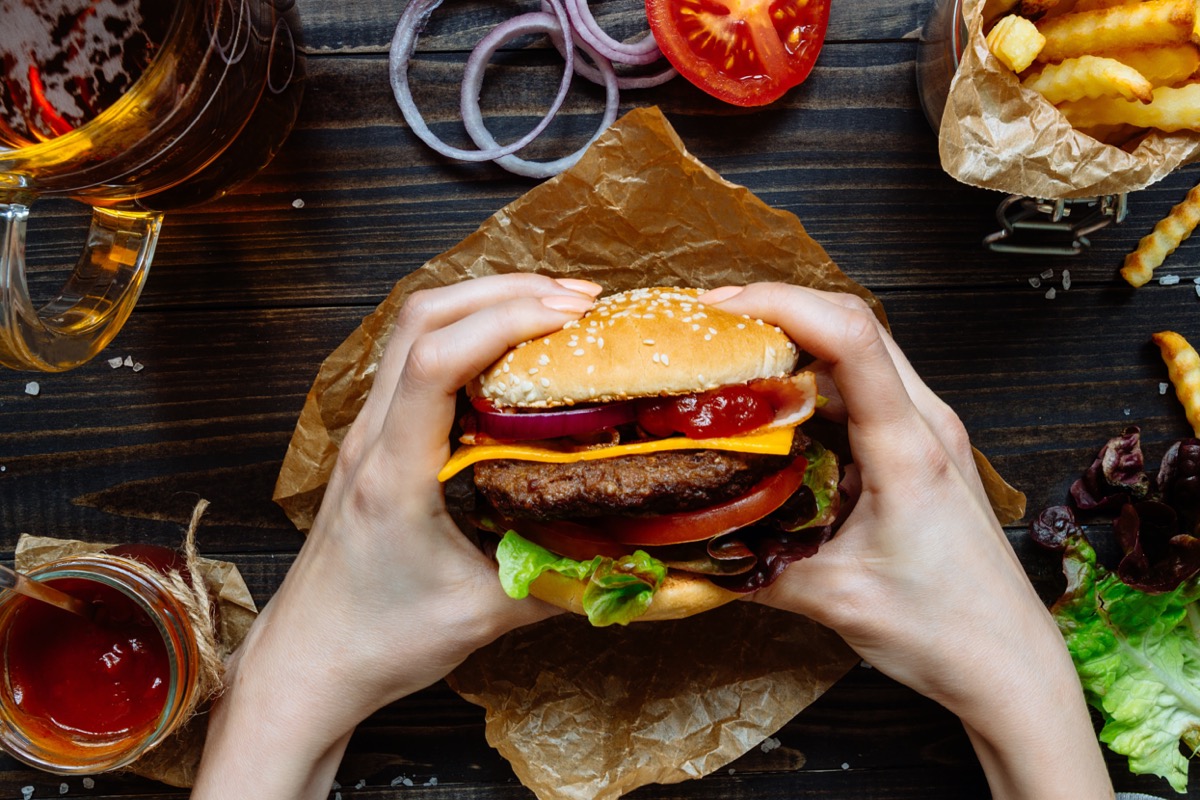
When it comes to beef, there are certain types that are better for you, overall. Your best bet is going for grass-fed.
“Grain-fed cows consume corn and soy products while grass-fed cows mainly eat grass, and because of this, the nutrient composition looks a little different between the two,” says Maggie Michalczyk, MS, RD. While both sources are loaded with iron, zinc, and selenium, grass-fed contains more omega-3 fatty acids and is higher in vitamin A, vitamin E, and other antioxidants.
“Beef is [also] high in iron, specifically heme iron, which is the form of iron most readily absorbed by your body,” she says, and most women are in need of more iron to avoid anemia.
Fatty Fish
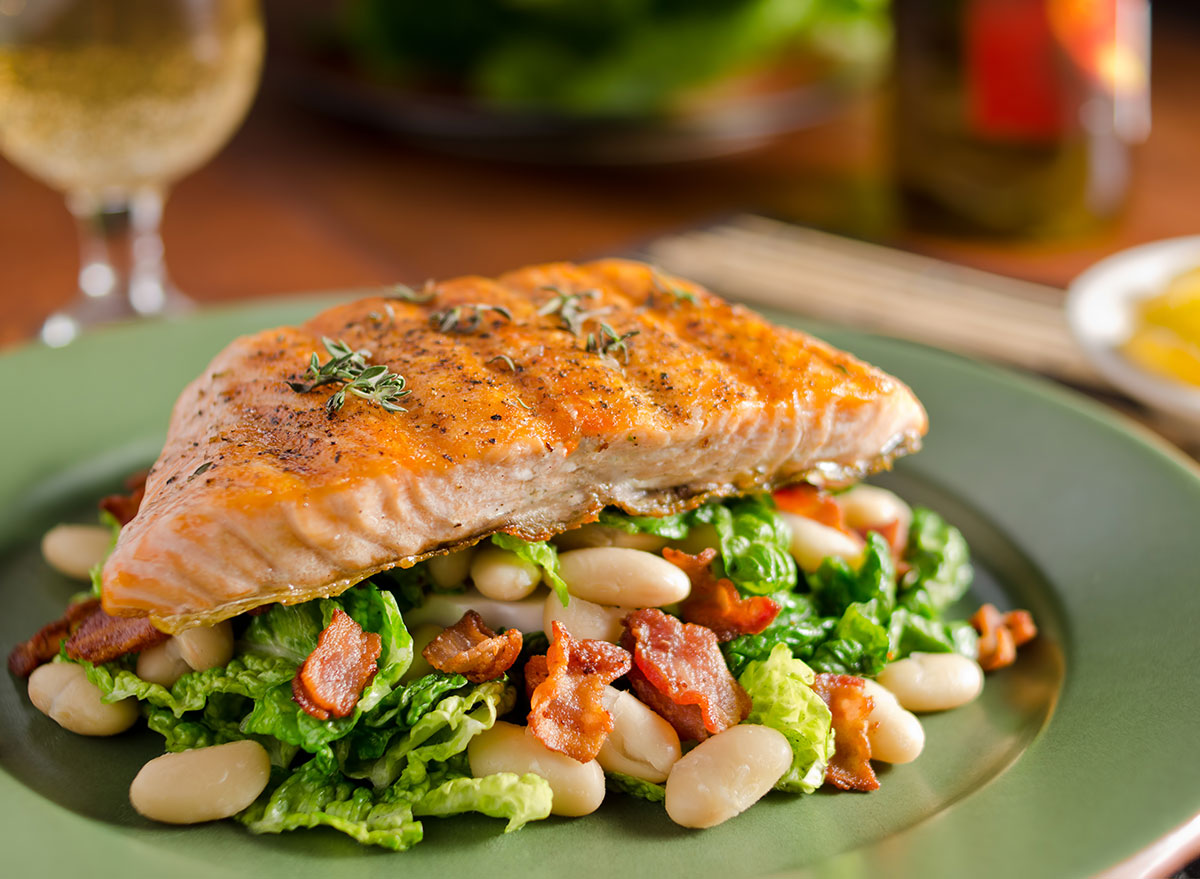
Fatty fish such as salmon, albacore tuna, and sardines are excellent sources of protein and loaded with healthy fats and vitamins.
“Fish contains omega-3 fatty acids, an essential fat that comes from the diet and is linked to benefits such as heart health and reduced risk of osteoporosis that some women are at risk for,” says Michalczyk.
Quinoa
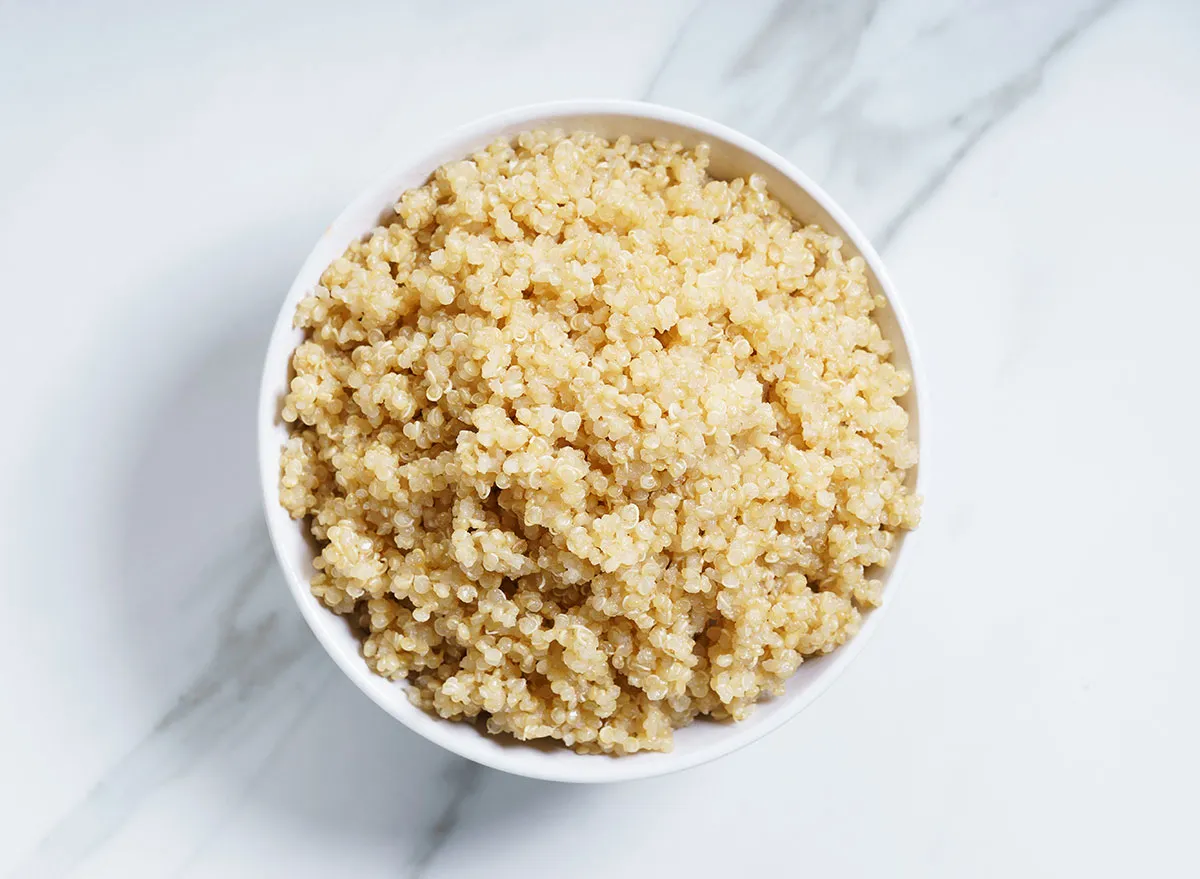
Quinoa is a plant-based protein and contains all nine essential amino acids that the body cannot make on its own. Plus, it’s rich in fiber, vitamins C and E, antioxidants, and is naturally gluten-free. The list is endless! It’s a great option for women who don’t eat meat, says Michalczyk. You can use it as a base for breakfast bowls, grain bowls with lentils or tofu, or to make quinoa cakes.
Looking for more helpful tips? Sign up for our newsletter to get daily recipes and food news in your inbox!
Lentils
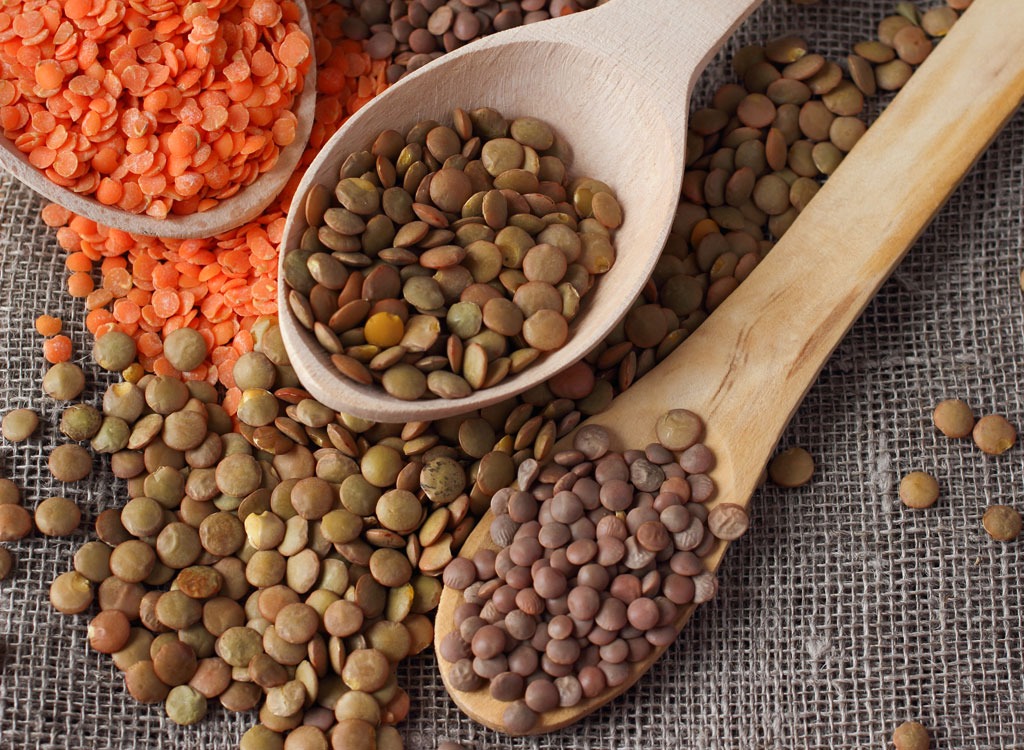
“Lentils are a plant-based protein source containing iron, and many women experience low iron levels or have been diagnosed with iron deficiency anemia due to the increased losses through menstruation, pregnancy, and lactation,” says Michalcyzk. Lentils are a great option for women looking for a plant-based or vegetarian option that is high in protein, iron, and fiber, and they’re super versatile.
Seeds
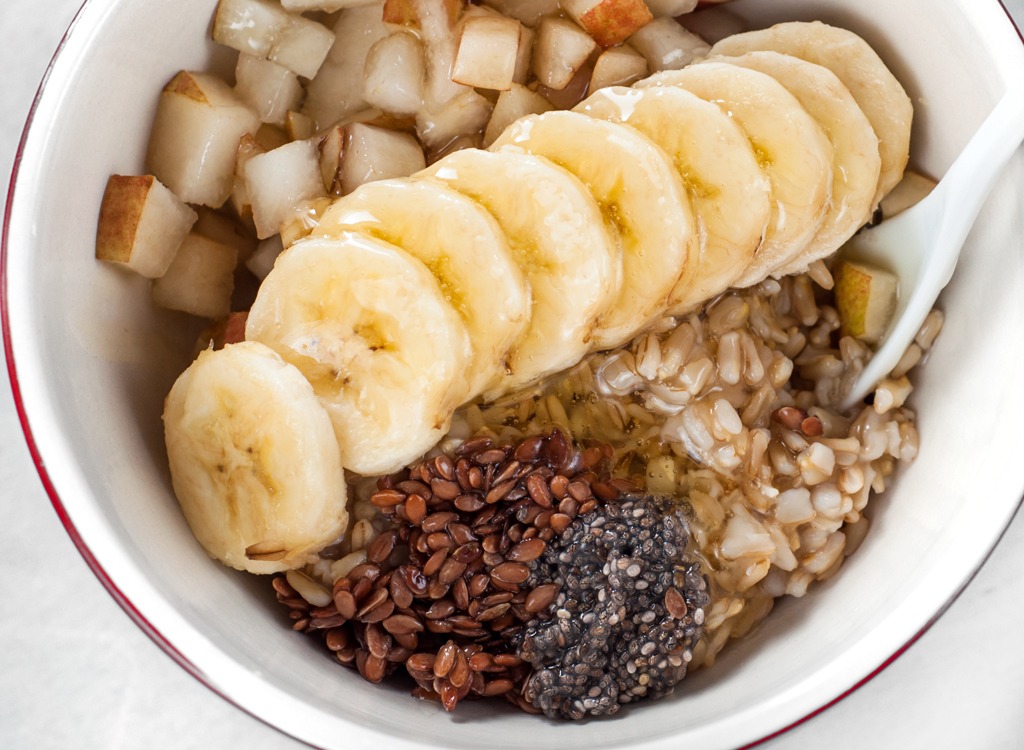
Seeds, like chia, hemp, and flax pack protein and nutrients with every bite. They’re a solid plant-based source of protein for those who don’t eat meat.
“They contain magnesium, a mighty nutrient that helps regulate muscle and nerve function, blood sugar levels, blood pressure, and bone health,” says Michalczyk. Add them to everything from oatmeal, yogurt, salads, smoothies, and even dessert.
Walnuts

If you need a quick snack that you know is healthy for you, grab some walnuts!
“Walnuts contain a rich source of healthy fats, particularly omega 3 fatty acids, which play a pivotal role in women’s health, as they are necessary for successful aging, and may reduce the risk of cognitive decline, breast cancer, and heart disease,” says Ilyse Schapiro MS, RD, CDN. Additionally, these fats aid in hormone production and ovulation, and may prevent or improve postpartum and postmenopausal depression, she says.
Organic Tofu
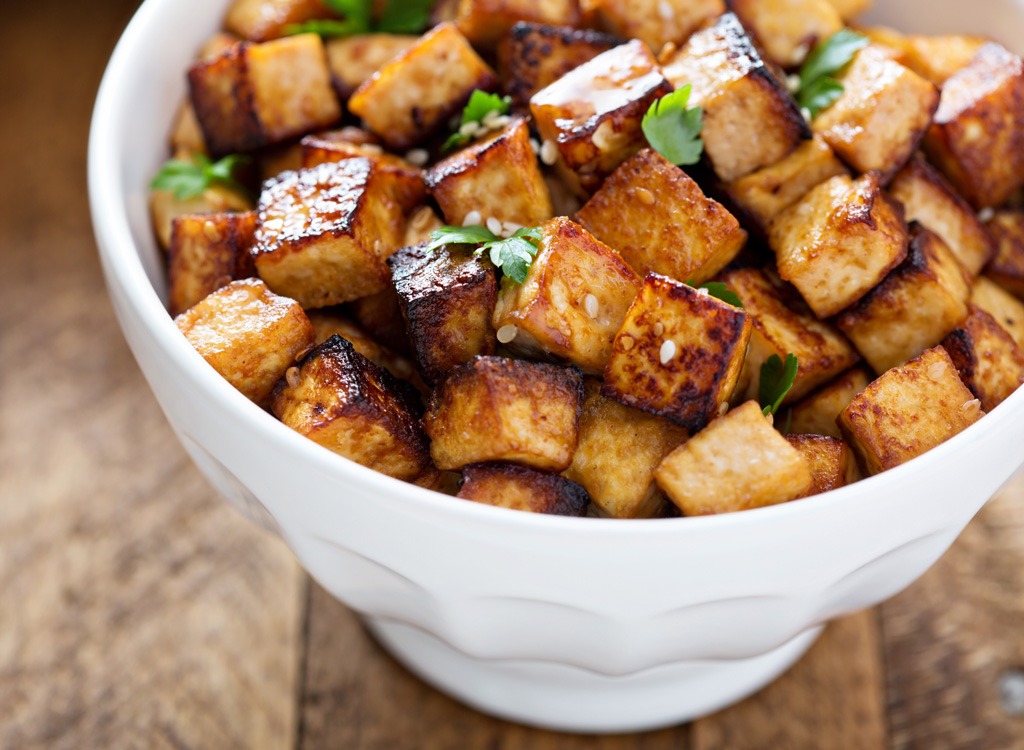
“The link between soy and risk of breast cancer has been studied for years. However, it turns out that regular consumption of quality soy products, like organic tofu, may be preventative against breast cancer and promote anti-inflammatory benefits in women,” says Schapiro. Tofu contains plant-based protein and is an excellent source of iron, calcium, and magnesium. You want to try and buy organic tofu to stay away from processed soy and genetically modified organisms (GMO’s).
Green Peas
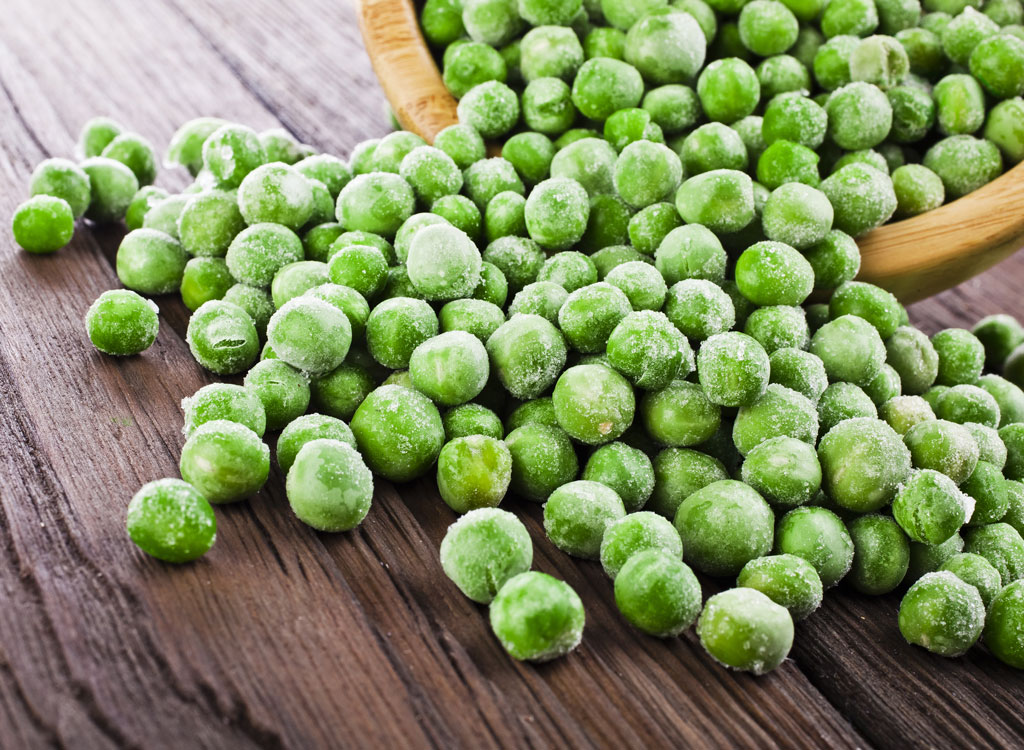
Green peas are high in folate, a crucial B Vitamin that reduces the risk of neural tube defects (NTDs) during pregnancy and lactation.
“Low consumption of folate has also been linked to depression and cognitive decline later in life, so with a great source of dietary fiber, plant-based protein, and antioxidants, green peas can make the perfect addition to any meal,” says Schapiro.
Pasture-Raised Eggs
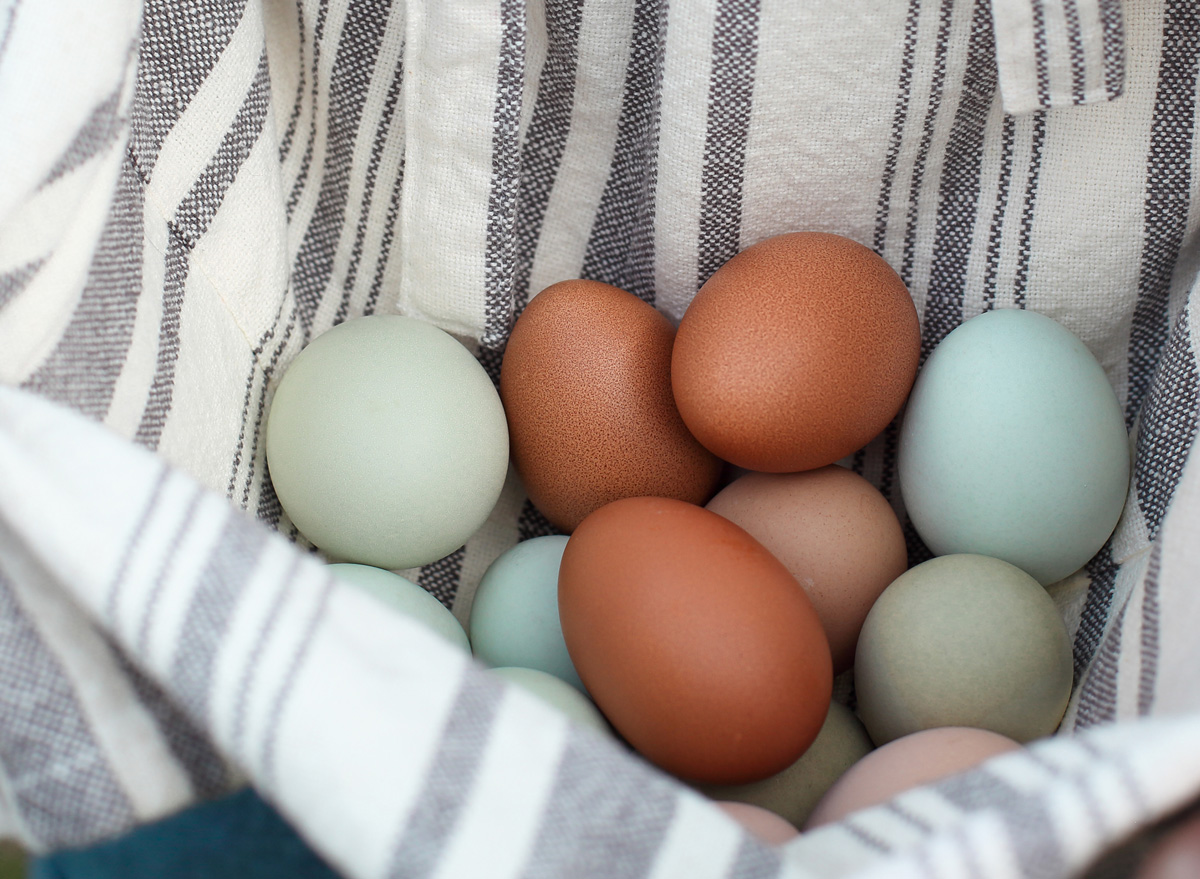
So what is it about pasture-raised egg? Well, they contain quality protein and a significant amount of essential vitamins and minerals.
“Compared to caged or free-range eggs, pasture-raised eggs contain greater compositions of fat-soluble vitamins (A, D, E) and omega-3’s, too,” says Schapiro. Another upside is that choline, found in egg yolks, is critical for brain development and is said to reduce the risk of complications during pregnancy, so don’t just stick with egg whites all the time!
Organic Chicken
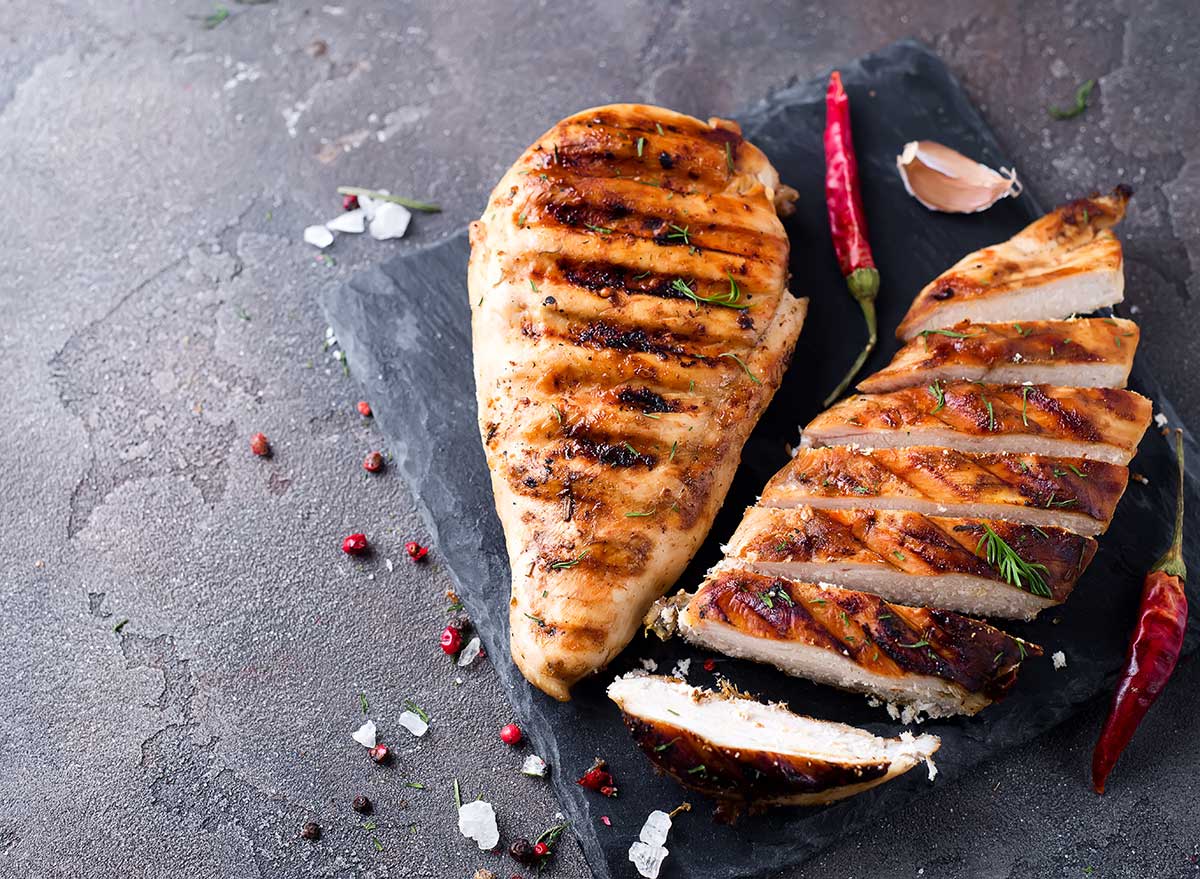
Chicken provides a rich source of animal protein and all essential amino acids, which you must get from your diet.
“One of these amino acids, named Tryptophan, is needed for serotonin production, or the ‘feel-good’ hormone,” says Schapiro, and chicken is a rich source of it. “Consuming chicken may help to prevent osteoporosis later in life since adequate protein intake plays a major role in bone health,” she adds.
Greek Yogurt
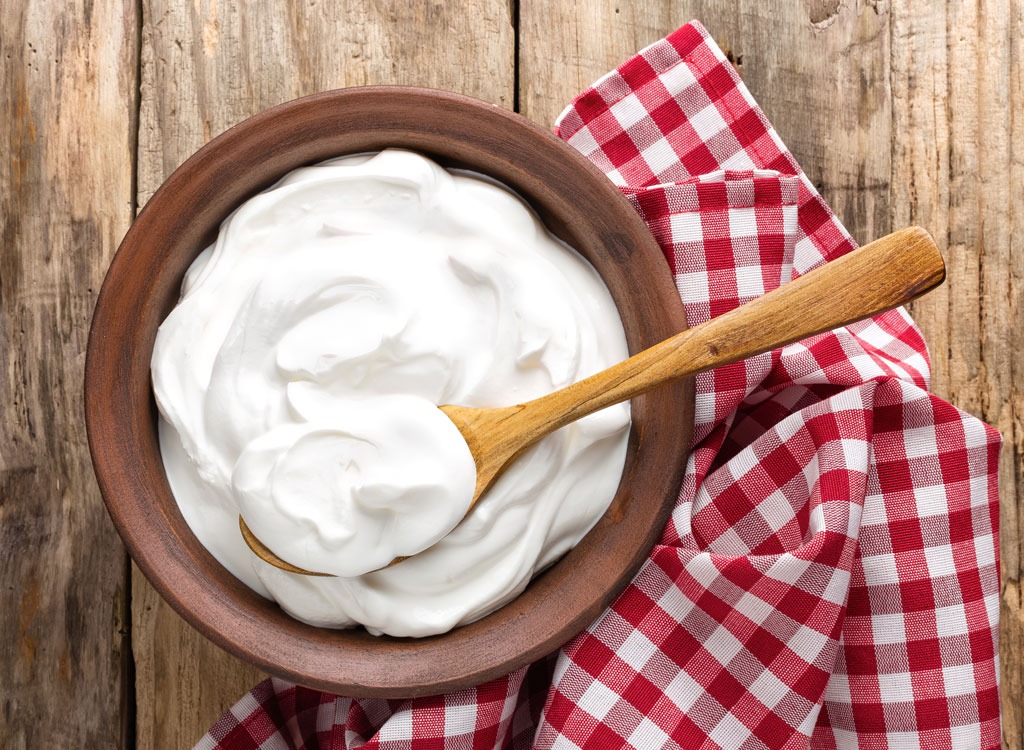
The upside of eating Greek yogurt is that it’s packed with protein, which helps you feel fuller longer.
“Compared to regular yogurt, Greek yogurt is naturally lower in sugar and contains a good source of calcium, potassium, and Vitamin B12,” says Schapiro. Greek yogurt also contains probiotics, or the “good bacteria” that support a healthy gut. This probiotic-containing yogurt may help to prevent bacterial vaginosis in women and improve overall mood, too, Schapiro explains. To best control blood sugar levels, be sure to opt for plain and unsweetened Greek yogurt. You can always add fruit to it!
